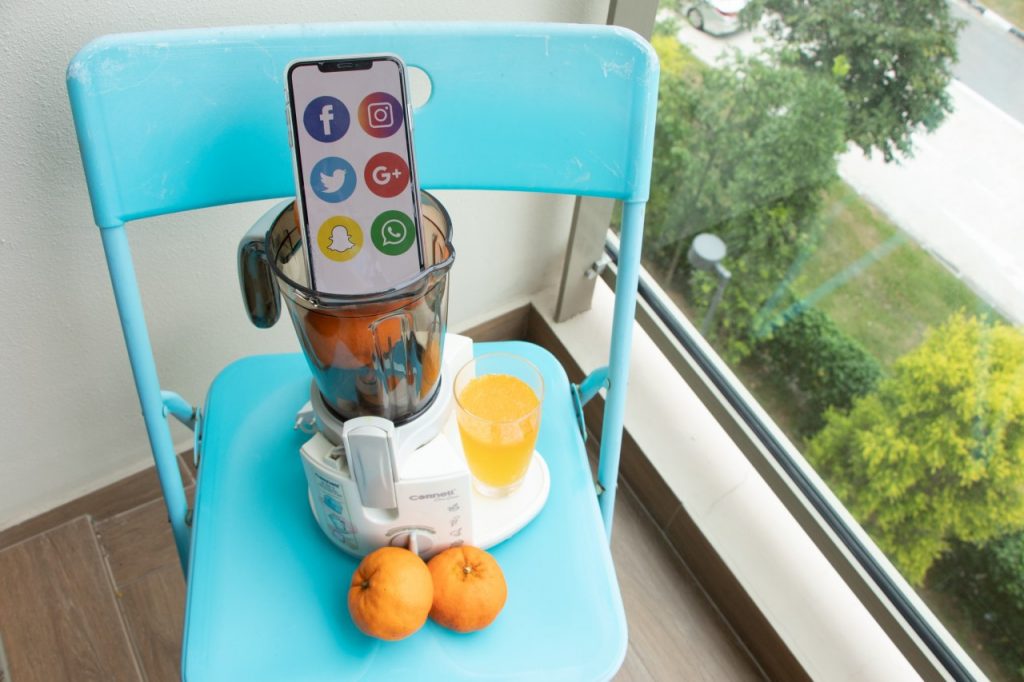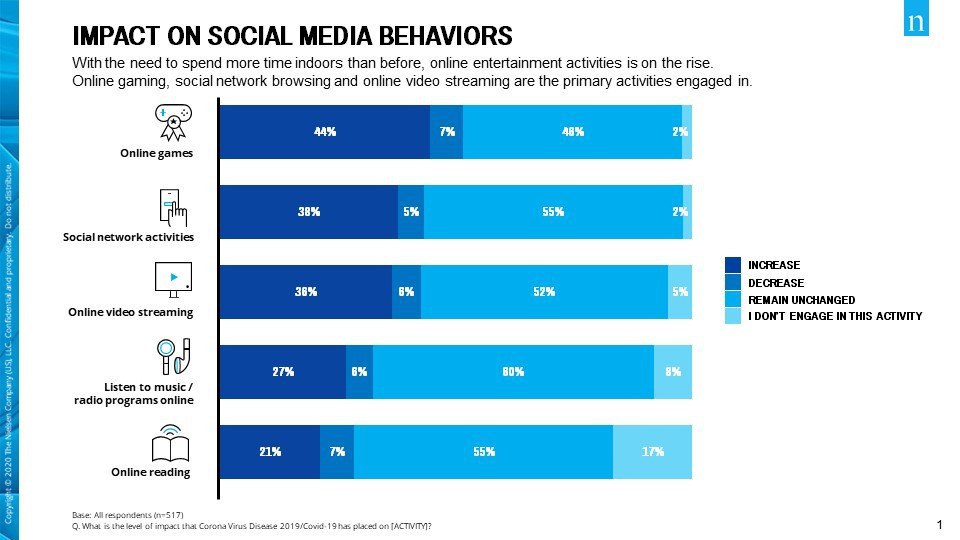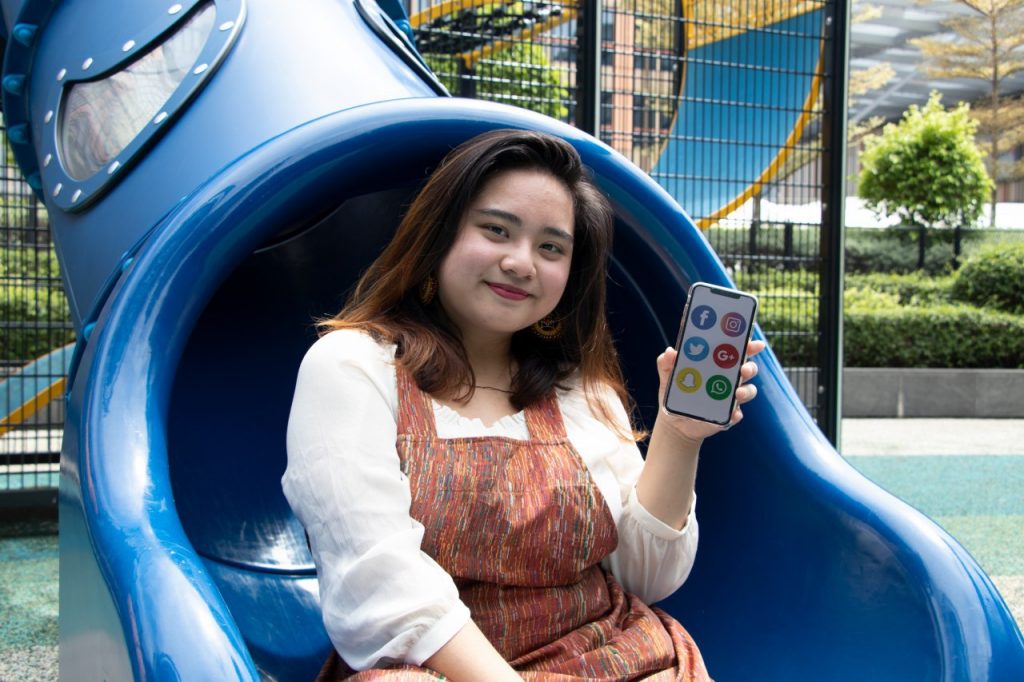
With the Covid-19 pandemic came a spike in social media usage worldwide and Singapore was no exception. A Nielsen survey conducted in March found that 38% of respondents in Singapore reported an increase in social network activities since the start of the pandemic, while only 5% reported a decrease in usage.

I’m guilty of this as well. As much as I wish I could say being a Mass Communication student or a journalist at The UrbanWire gives me a reason to spend up to six hours on social media daily, it’s more of an unhealthy habit on my part. I decided to attempt a social media detox to see how I’d fare.
A social media detox is defined as a period of time when individuals voluntarily stay away from social media. To keep myself in check, I activated week-long social media blockers on my laptop and mobile phone.
Day one of my journey was met with considerable resistance from my friends and family, mocking my efforts and asking if I’d “cheated” yet.
Amid a discussion with one of my project groups, my teammates began chatting about a bizarre challenge that was trending on video community platform TikTok.
I tried my best to tune out of the conversation but to no avail. Before long, I felt an overpowering urge to check my social media. To curb the temptation, I deleted all my social media applications. Out of sight, out of mind, right?
But somehow, I couldn’t stop myself from thinking about it. I guess I was experiencing Fear Of Missing Out (FOMO), the anxiety that an exciting or interesting event may currently be happening elsewhere, often aroused by posts seen on social media.
I turned to Althea Isis, 19, a youth curator at the Singapore Writers Festival, to seek her opinion on the topic. As a curator and visual arts student, Althea uses social media for multiple activities, including content creation, marketing and staying updated with social events.
“I do struggle with that feeling of FOMO,” said Althea. “Receiving notifications of events or parties that clash with my schedule even throws me off sometimes because I would want to cancel my plans to be elsewhere instead.”

Photo Credit: Coen Sim
Mr Aaron Vogt, a Social Psychology lecturer at the School of Interdisciplinary Studies in Ngee Ann Polytechnic believes that a one-week detox may also lead to FOMO.
“I think [FOMO] must have something to do with things like trends that actually can be “missed”—opportunities that we will not have access to again after its duration has expired,” said Mr Vogt. “Because of how quickly these trends pop up and die out in the age of social media, even a week of detox can land somebody squarely in the realm of ‘out-of-touch’.”
While I agreed with Mr Vogt’s view, I found that the transition got easier for me four days into my detox. I felt less anxious despite knowing that I wasn’t up-to-date with the latest buzz and gossip on social media.
I also learnt that I have peers who similarly enjoy staying clear of social media as much as they can. One of them is Jenny Yang, a final-year Ngee Ann Polytechnic student who spends less than an hour a week on social media.
“It does become very toxic for me,” said Jenny, recalling her past experiences with social media. “It got to the point where instead of feeling happy that those around me were having positive experiences in their lives, I was down because I compared my seemingly boring and unexciting life to theirs,” said the 19-year-old.
In fact, Jenny enjoys life without social media. She said: “I love not constantly feeling left out of friend gatherings and not feeling like I am not living my best life compared to others.”
In retrospect, I realised that not having social media wasn’t a handicap; it’s an inconvenience. While it proved difficult initially, I didn’t lose any friends or fade into irrelevance; I’d only gained the experience of being free from social expectations online and living in the present.
Jenny encouraged all to try “deactivating [their] Instagram account for a week, or just deleting the app and taking a break from social media” as an experiment.
“See if your life is better or worse off without social media.”
That’s her challenge to you.
Edited By: Christel Yan
Proofread By: Eunice Tan
